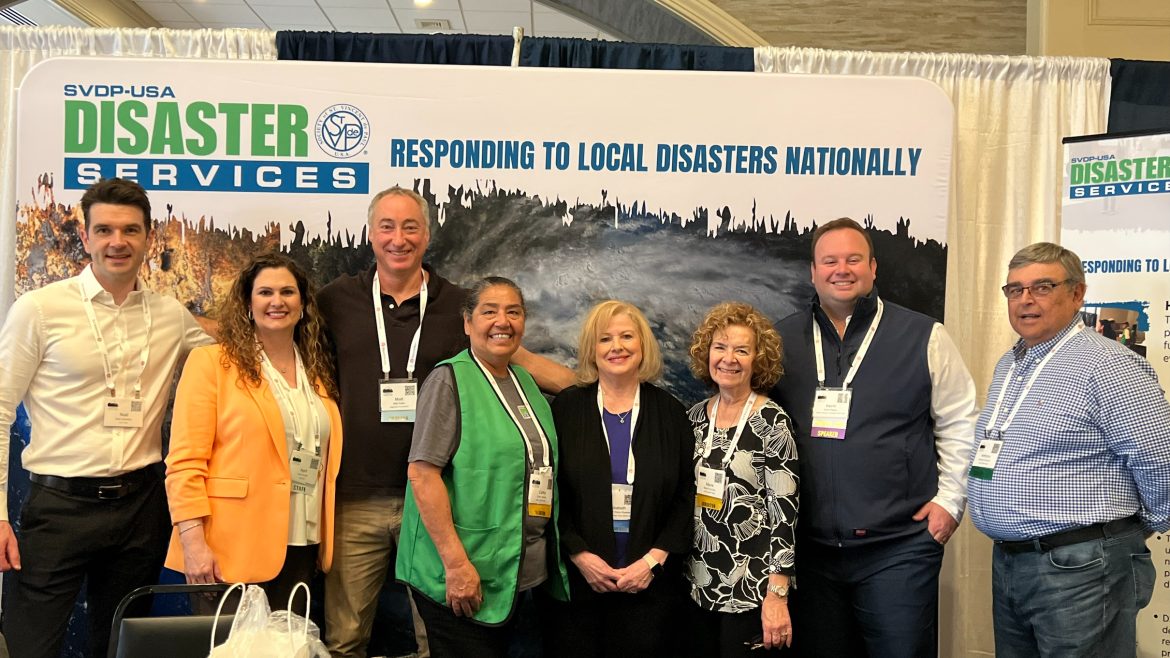At some point we lamented the loss of our local Sears, Montgomery Ward, at least one major family-owned downtown department store, Blockbuster, Circuit City, Tandy Leather, Burger Chef, Lums, Howard Johnson’s, K Mart, Toys R Us, and currently Bed Bath & Beyond and Party City. Add to these national players the restaurant we loved and some small neighborhood retailers.
We hold these as beloved establishments. However, when asked about them we often say something like “I loved the Sears store. My mom used to take us there as children” or some such memory that shows that we didn’t go there much, or at least not recently. We remember with our hearts, but we keep them alive (or not) with our feet.
The list includes many establishments that once thrived and were regarded as leaders in their category and in sales. They had devoted followers and popular offerings. So, what happened and what can we as Vincentians learn from this?
In most cases, they did not keep up with customer needs and demands. Maybe their fashion offerings went stale. Perhaps they didn’t provide enough value for their prices. It could have been a culture of bad hours, rude employees, dirty shops, or complicated checkout lines. We fall in love slowly, but out of love quickly, with consumer brands. Two or three bad experiences and we change our spending habits. Even established champions like Sears, which once dominated both catalogue and store retailing, succumbed to new competition and better ways for customers to shop.
The Society of St. Vincent de Paul is a national retailer with our more than 400 stores, but the lessons to be considered here go beyond retailing. How often do we review what we offer – all of our service “products” – to see if they meet the needs of those we serve? Do we keep up with what people in need really require, or do we do things the way we have always done them because it is easy? Some examples:
- Do we operate food pantries on weekday mornings while many of those we serve are working and can’t get to us at that time?
- Do we have Conference meetings at times/days that are inconvenient to those younger adults who we claim we want to join us?
- Are our service applications complicated, and required to be filled out each and every time someone comes back to us for help? (Remember how we hate being asked for our phone and email every time at some stores?)
- Do we still provide services that are offered nearby by government or other nonprofits (and sometimes better), but don’t offer other unavailable but urgently needed services, because “we don’t do that”?
A full Conference and Council review of what we do and how we do it, once annually, keeps us fresh and relevant in the eyes of our members and those we serve. Just because we are old doesn’t mean we are set in our ways. This applies to many of us individually, but also collectively as the Society!
Please do not take this suggestion for review as an invitation to no longer do Home Visits! Yes, even “signature offerings” should be held to a process review. Yes, it may be more efficient, or more convenient, for Vincentians and the person in need to replace the Home Visit with a service counter setting, or by phone or online such as was required during the pandemic. We never conduct Home Visits for these reasons. We do them in respect of those being served, and this never gets outdated. In fact, in these days of so many impersonal connections, they should be treasured!
Just as we adapted and changed when it was suddenly necessary in the pandemic, we likewise should continue to adapt to new transportation, financial, communications, and other technologies, new systemic change solution offerings, and in whatever other ways, new or existing, that improve our mission to “build a more just world through personal relationships with and service to people in need.” Likewise, if we can improve Society working conditions for employees, Vincentian and other volunteers, within the law and our means, we should be watchful for these opportunities.
While we have served in the United States since before the Civil War, we continue to seek holiness and relevance through change and innovation to improve relationships among our friends in need, and to serve in ways that give them assurance that the Society cares, listens, and does its very best to help them. Christ’s love is never outdated. Our Gospel values are eternal. May we never have a going out of business sale, and may we never be just a fond memory of the past. Instead, let’s keep looking ahead to a bright tomorrow in our communities!
Yours in Christ,
Dave Barringer






